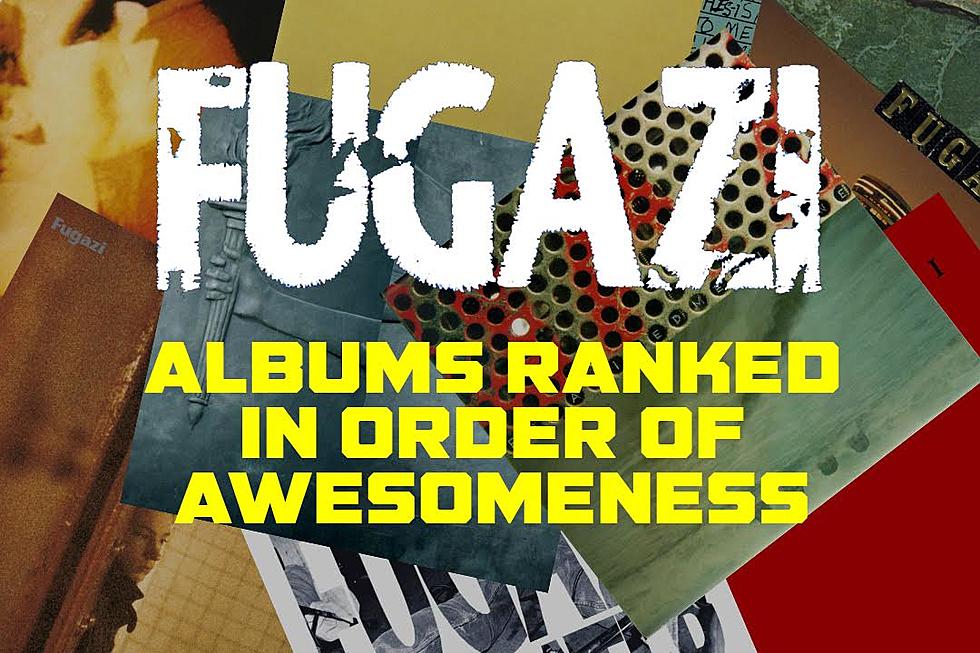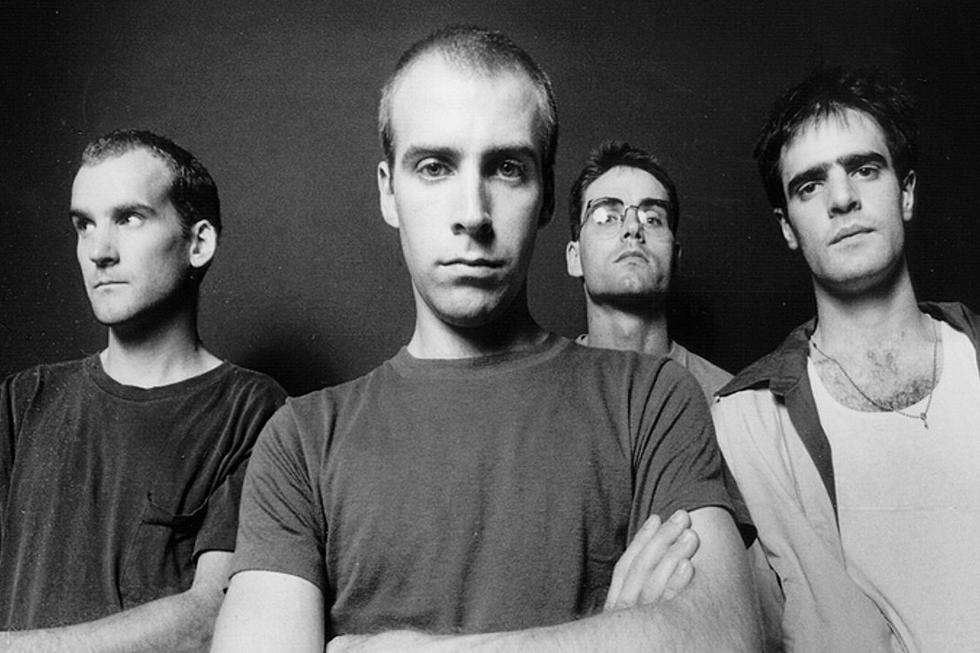Fugazi Changed the Game on ‘The Argument’
Fugazi has never slacked on delivering intellectual salvos since exploding onto the late '80s Washington D.C. post-hardcore underground scene. And while many look to Repeater or, well, almost anything in their early catalog, The Argument, released in October 2001, had them at their absolute peak performance musically and otherwise.
Right out of the gate, it goes into societal issues with “Cashout” and the rising cost of living forcing people out of their homes. “Development wants, development gets / It's official / Development wants this neighborhood gone so the city just wants the same,” Ian MacKaye sings in the gentrification-fueled track, a point he drove home in an interview with the U.K. magazine Fracture upon the release of The Argument.
“I think the real point of the song, in my mind, is that people have to live somewhere, so where are they going to live if the price keeps going up?” MacKaye said. “People have to exist, they don't just disappear. It's a song that just thinks about the idea that everybody needs a place, so how do we work around that puzzle.”
Often, the mixture of politicking in music is a huge turnoff, but when it’s done right – see Rage Against the Machine for a popular example – it’s up to the listener to either delve into the issues or simply ignore it and get swept up into the sonic panorama. On The Argument, there’s plenty of the latter to go around.
From the jagged stutter on the aggressive “Epic Problem” to the hypnotic “Strangelight” and the gorgeous minimalism of the title track, it’s not a difficult thing to succumb to the beauty of the music. And it’s on “The Argument” where MacKaye reveals, “I’m on a mission to never agree,” which can be interpreted in many ways as what speaks to the ideas and idioms Fugazi put forth.
The Argument is the last recorded work to date from Fugazi since a self-induced hiatus began in 2003, which is a statement in itself; the record pretty much put the indie-rock world on notice, which is why it remains their most commercially successful. It doesn’t meander, get boring or take a break on any of the songs. If it didn’t change the game outright when it hit shelves, at the very least it left a bunch of acts wondering how to step up their game.
The 50 Most Influential Alternative Musicians of the 21st Century
More From Diffuser.fm









